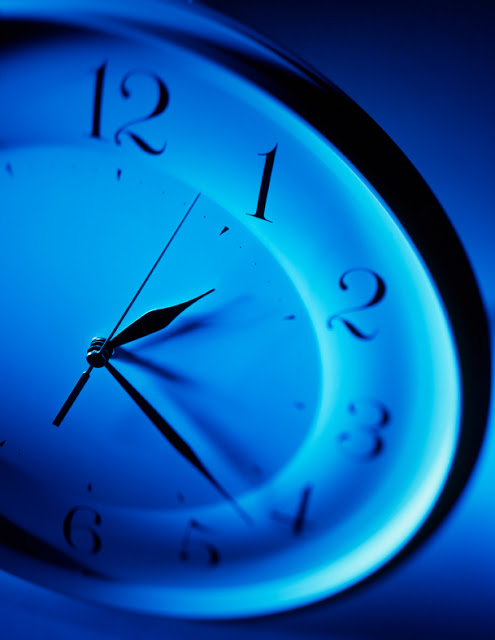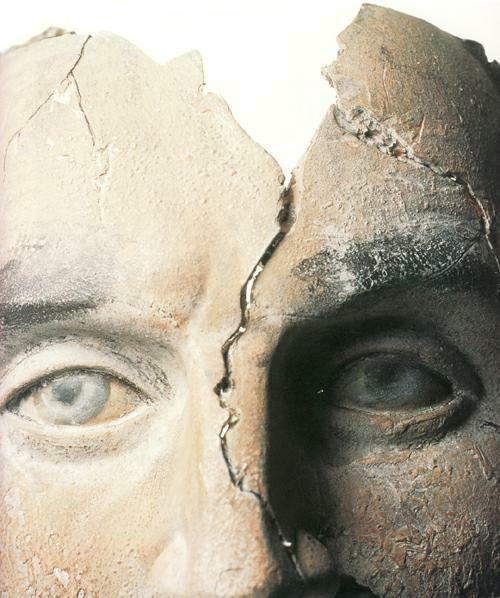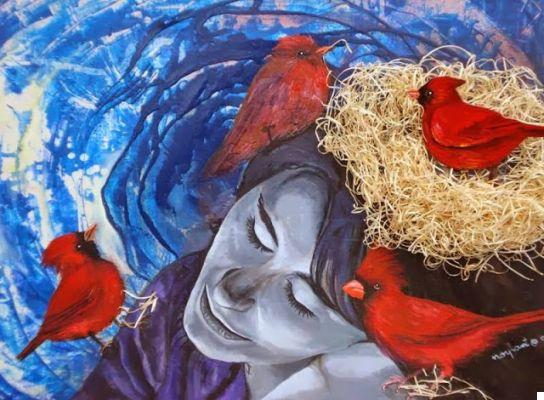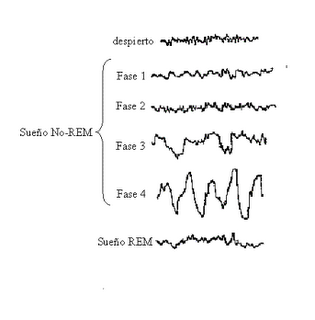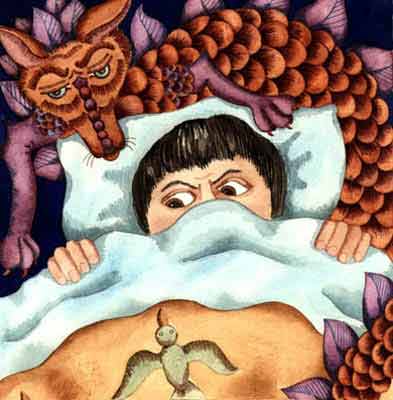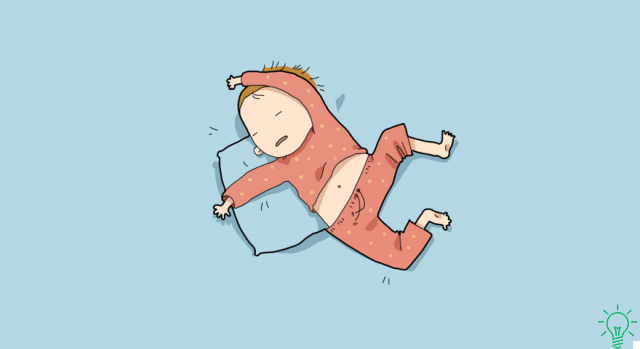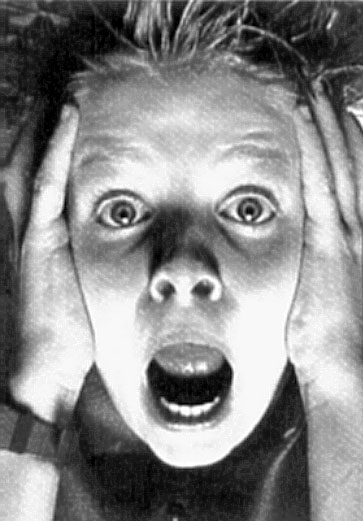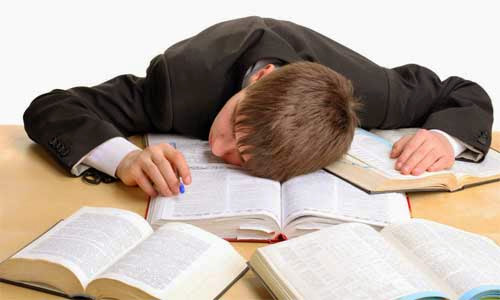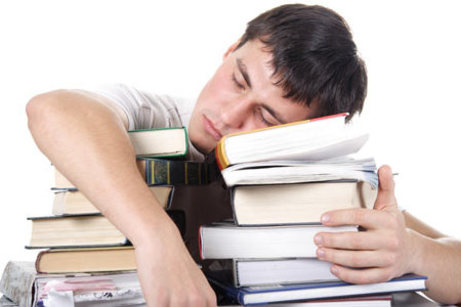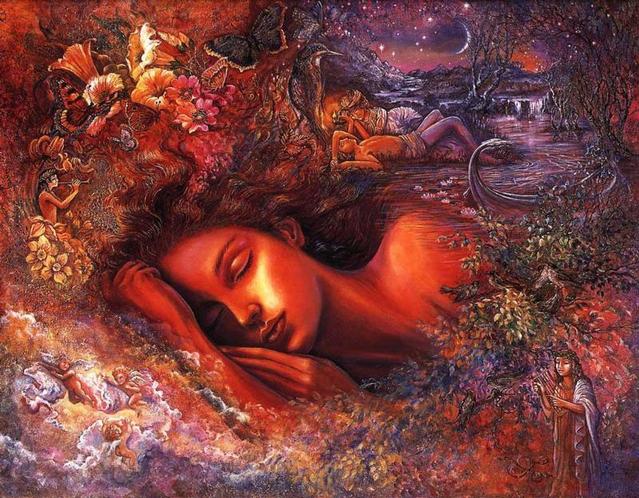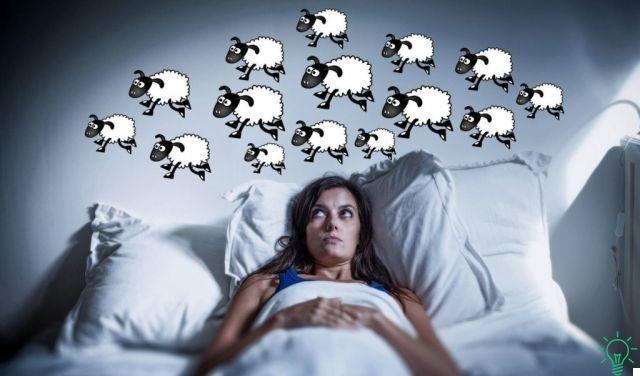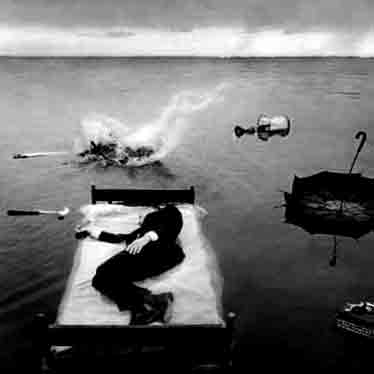
We know well that part of our dream experiences refer to our deepest and most unmentionable desires, so it is not strange that the content of our dreams manifests itself acquiring quite bizarre and unintelligible forms. Is there some form of censorship of our dreams that mitigates their psychological impact? Maybe this censorship mechanism will be a form of defense created by ourselves?
Let us approach the psychoanalytic theory (of which I am not a faithful devotee but which I must confess as far as it refers to dreams turns out to be quite useful) which tries to give an explanation to these questions: Dreams are manifestations of the unconscious but they pass through a represented censorship from the moral pattern existing in each of us. This scheme represses all that seems to it inadequate, indecent or simply terrifying; in a sort of defense mechanism against desire that causes these basic instincts to manifest themselves in a "disguised" way. Censorship in dreams works in different ways, or we could better say that it "masks" the contents of dreams through different mechanisms (according to Freud): - Omission-attenuation: constitutes one of the simplest mechanisms, the problematic material is simply eliminated from the dream, just as the censor could eliminate from a film those scenes that he considers excessively provocative. - Insinuations, allusions and ellipses: it is considered a mechanism of attenuation and manifests itself in a very "raw" form through more or less unrecognizable and blurred images or sentences that could be understood in different ways ... An example could be the widespread image of a person for whom we feel a particular aversion but in the dream we are not able to define with certainty its identity. - Shift of emphasis: probably this mechanism is one of the most usual since it is a question of shifting the emphasis from the essential to the trivial and vice versa. Many times an unimportant detail acquires enormous proportions in the dream and gets to hide the really essential details while the contents that intimidate or worry us acquire a very scarce protagonism in such a way that they pass unnoticed. This is a very subtle way of hiding the true meaning of the dream. - The symbolization: we know well that the world of dreams is full of symbols and for this reason it is not strange that many of the problems are expressed through a symbolism that we must decode. These symbols can be cultural (shared with other people) or very personal (elaborated by ourselves), which indicates that we must be especially careful when accepting a priori meanings for our symbolic dreams. - Condensation and displacement: condensation implies the incorporation of various ideas or objects into one. The movement mechanism consists in transferring characteristics from one object to another. Normally these two mechanisms are inseparable during the dream; very often we can find ourselves dreaming of a person who possesses the characteristics of another (physically or in the way of dressing), these apparent inconsistencies would warn us of feelings that we do not accept on a conscious level with respect to one of these people, for this reason the dreams try to reveal these unsolved problems to us. - The secondary revision or elaboration: it consists in the conscious attempt to give a meaningful form to the dream content. We already know that when we wake up many contents of our dreams are canceled, for this reason there are many probabilities that the memories of the dream will take a more sensible and acceptable form for the conscience, remaining blurred and forgotten the most censurable and unpleasant content. It must be said that there are other mechanisms of censorship but essentially all try to support a central thesis: the work of the dream consists in transforming the unconscious and latent desire into manifest content that will later be accessible through free association. Freud stated that the stronger the censorship, the narrower the dream will be until it turns into a nightmare, many of which are simply terrifying without having any meaning. The stronger a feeling or desire is and these are repressed or rejected by consciousness, the more the censorship mechanisms work during the dream, giving our dream experiences a touch of apparently illogical fantasy. However, we must keep in mind that not all our dreams involve an arduous work of the unconscious to hide our unspeakable desires; a good part of the dream content of our dreams is only the remainder of activities carried out during the day or manifestations of our worries, in this regard it is not necessary to be a psychoanalyst to understand them. However, there are dreams that are repeated with a certain assiduity and that are full of symbolism to be deciphered, so perhaps we need to take a journey into the subconscious to find out what desires or fears are hidden behind the experiences of the night.- 10Get Personal Growh







